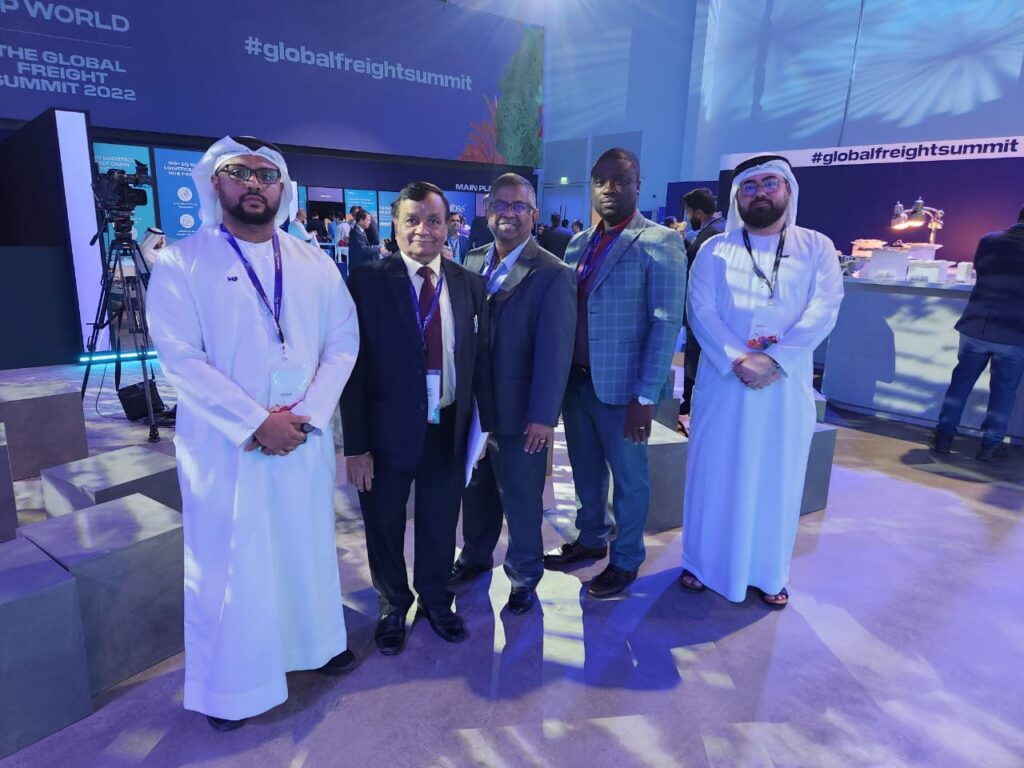About MOU/Partnerships
Memorandum of Understanding
It is a non-binding agreement between two or more parties that outlines the intentions and expectations of the parties in a particular venture or project. MOUs can be used in a variety of settings, including business, government, and international relations.
Why Any Country Need That?
Countries often seek to establish ties with other countries through Memorandums of Understanding (MOUs) or other agreements in order to promote growth and development. One reason for doing so is to gain access to resources that the country may not have. For example, a country may enter into an MOU with another country to gain access to oil, minerals, or agricultural products. By establishing these ties, a country can broaden its access to resources that can support its economic growth and development.


Another reason for establishing ties is to promote the transfer of technology and knowledge. A country may seek to enter into an MOU with another country to learn about and adopt new technologies that can help it to develop new industries and improve existing ones. This can be particularly important for developing countries, which may lack the resources and expertise to innovate and compete on a global scale.
Establishing ties with other countries can also help to promote cultural exchange and collaboration. Through MOUs and other agreements, countries can work together to address common challenges, share best practices, and build relationships that can promote peace and stability. This can be particularly important in regions that have experienced conflict or tension in the past.
